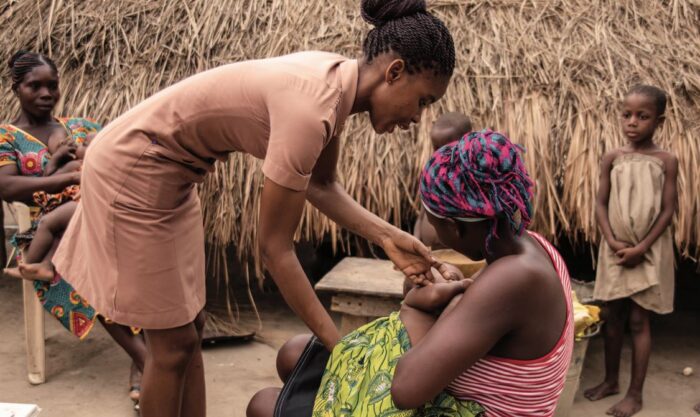
Midwives and nurses play a vital role in protecting, promoting and supporting breastfeeding worldwide.
Universal breastfeeding has the potential to prevent 823,000 child deaths and 20,000 maternal deaths each year. Breastfeeding helps prevent childhood infections and mortality; decrease rates of obesity, diabetes, and maternal and child cancers; increase cognitive development; and decrease childhood obesity.
Key Findings
- Midwives and nurses can serve as frontline advocates for breastfeeding support in the community and in health facilities
- All midwives and nurses can protect and support breastfeeding
- A collaborative multidisciplinary approach provides the most robust set of skills to support the mother-infant dyad
- Education and clinical training ensure that mothers receive the most accurate and up to date evidence-based information
- Supportive infrastructure is essential to allow nurses and midwives to provide needed care for the mother-baby dyad
- Implementation and monitoring of policies and programs should include evaluation of breastfeeding outcomes with measurable targets
- Midwives and nurses should adhere to the International Code of Marketing of breast-milk substitutes and World Health Assembly resolutions, including refusing samples, gifts, and sponsors of any kind or display of baby food, formula, or feeding bottles from companies
